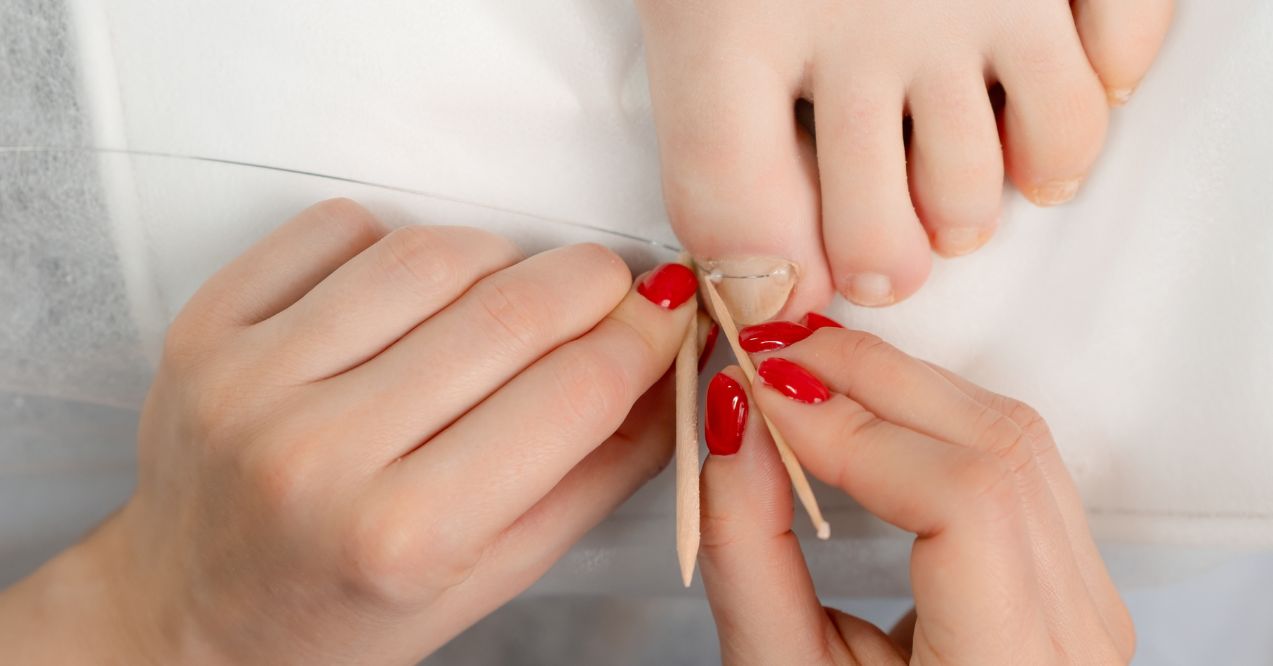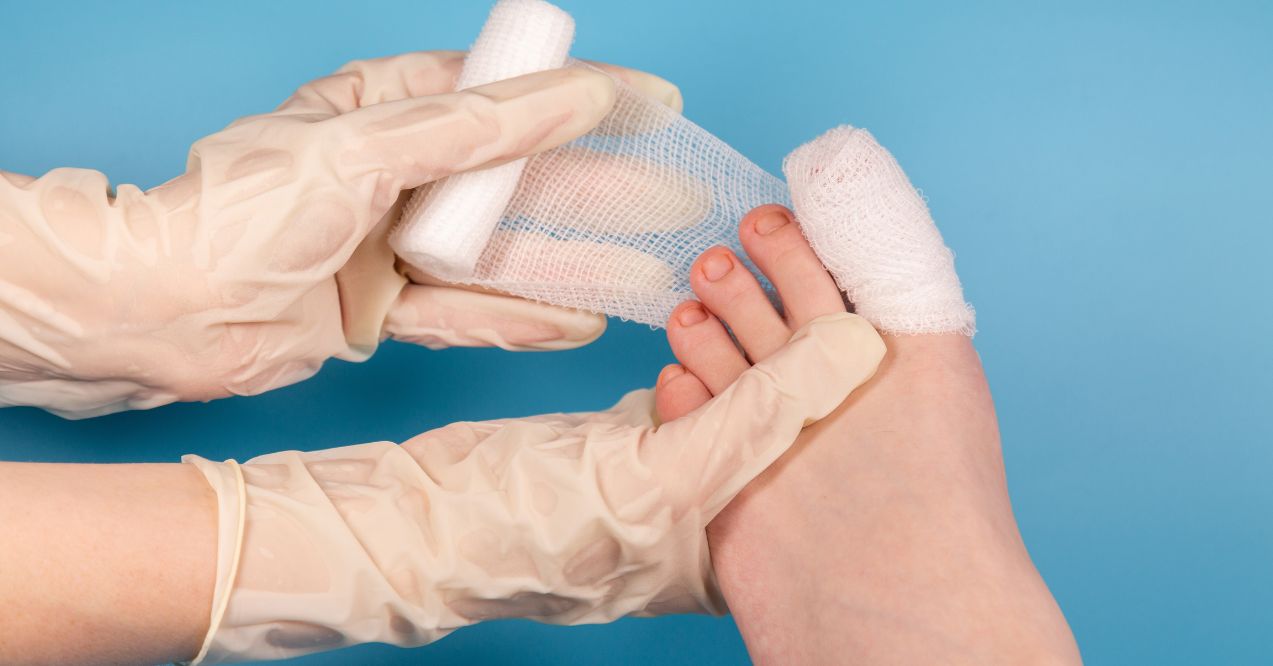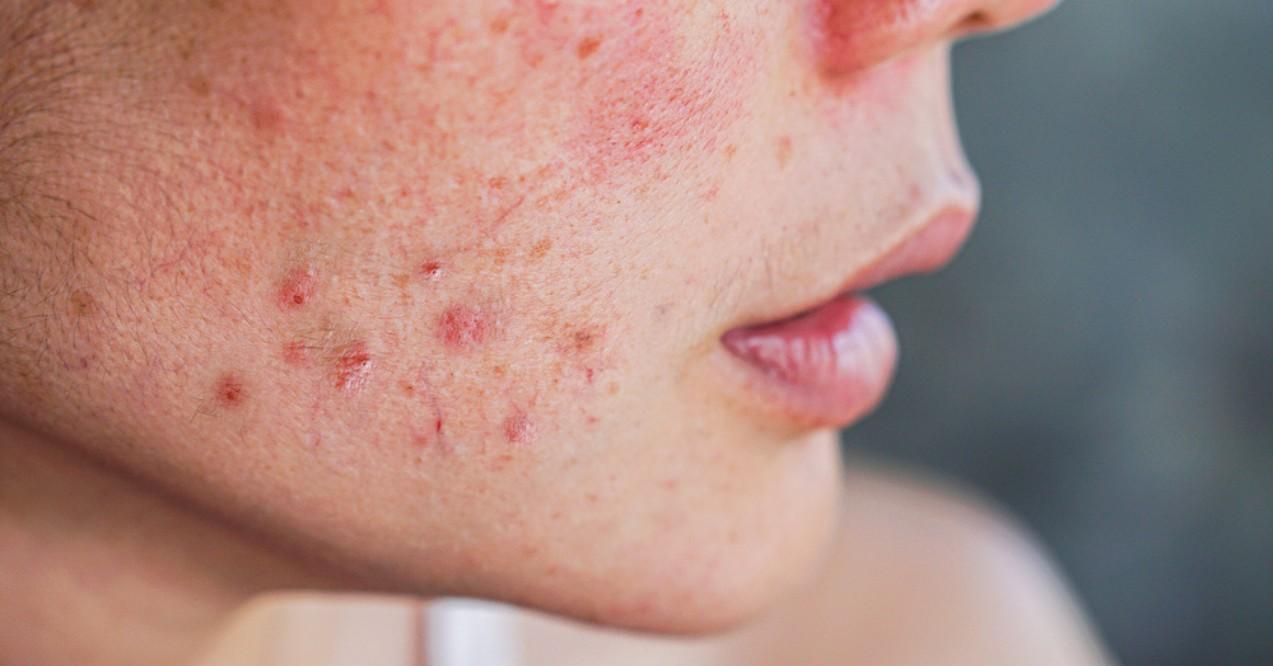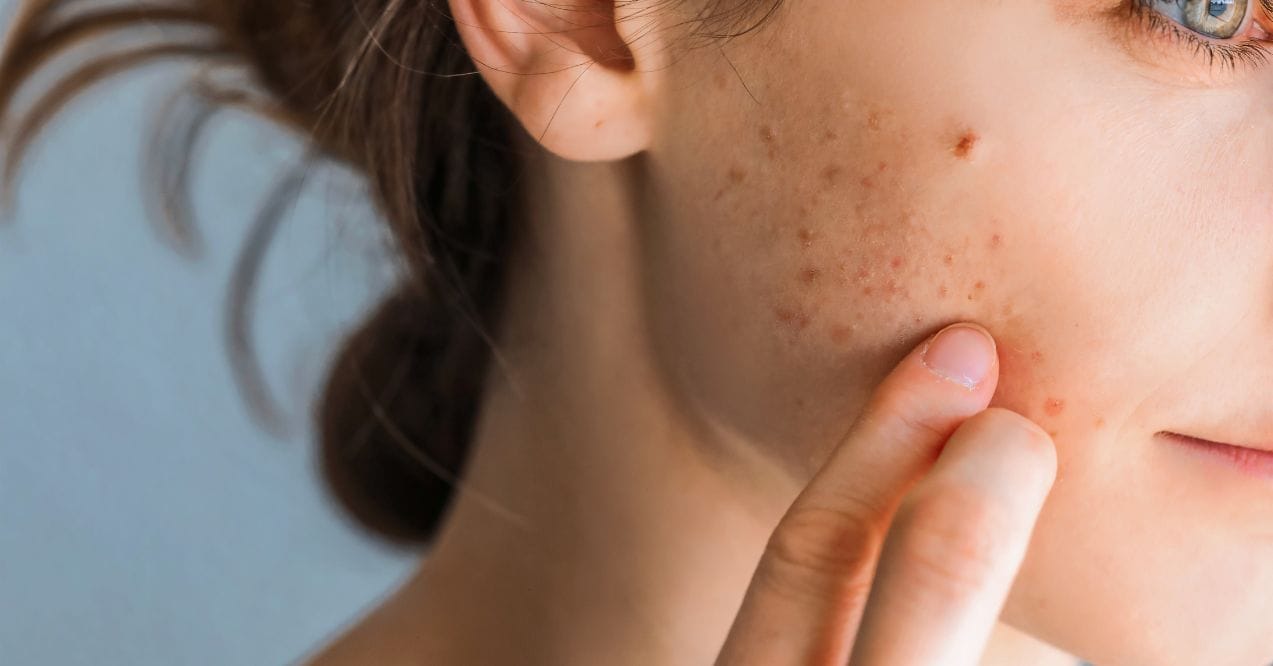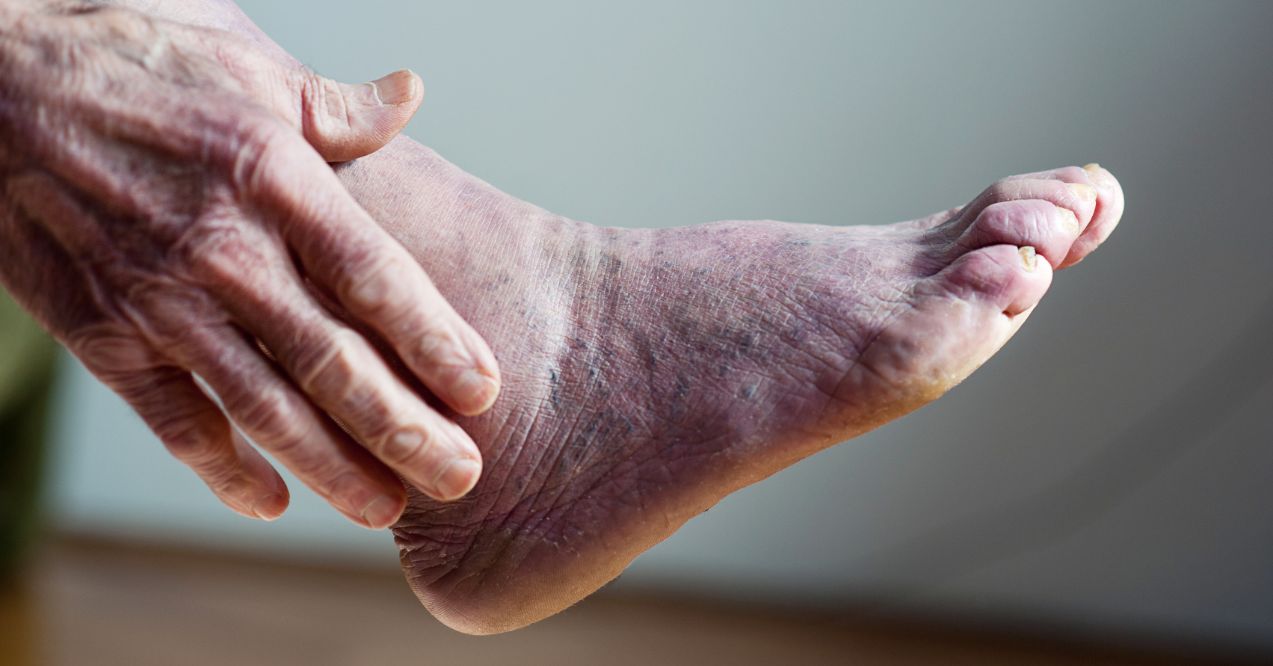Is Marine or Bovine Collagen Better for Hair Growth?
Is marine or bovine collagen better for hair growth? Explore the key differences in absorption, amino acid profiles, and effectiveness for stronger, healthier hair.
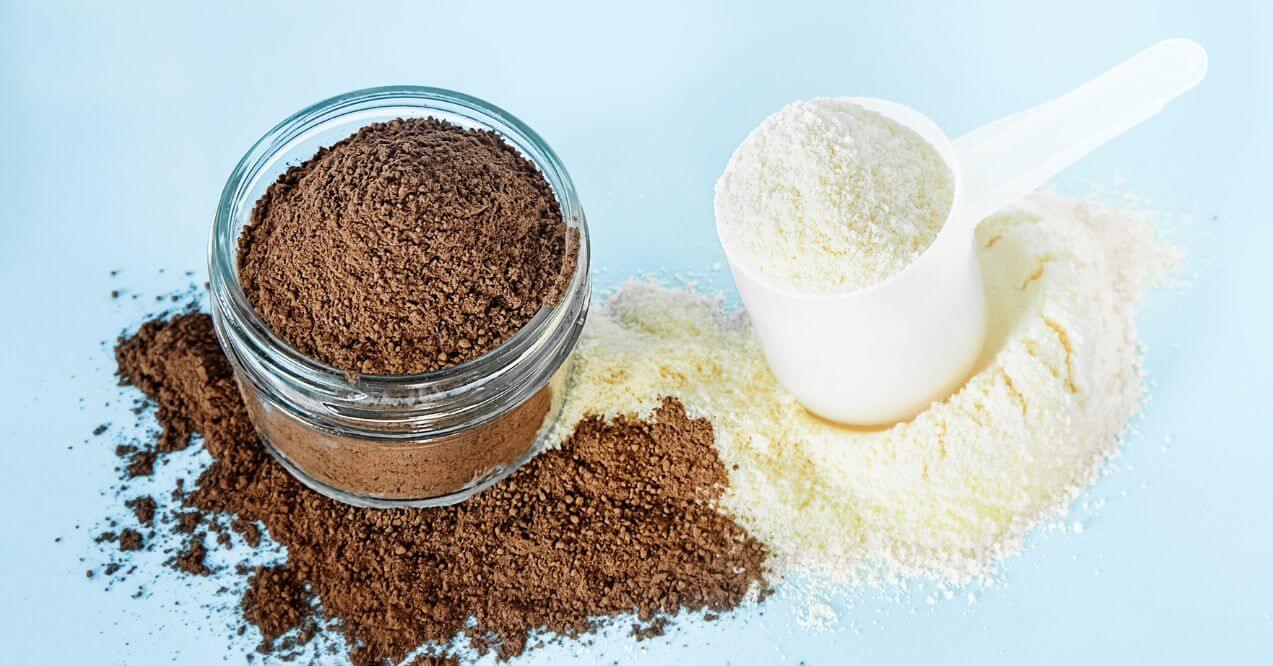

Collagen has emerged as a powerhouse ingredient in the beauty world, with growing interest in its potential benefits for hair health. As the most abundant protein in our bodies, collagen provides structure to skin, bones, and importantly – hair. With declining natural production as we age, many turn to supplements to maintain luscious locks.
But when it comes to choosing between marine (fish-derived) or bovine (cow-derived) collagen for hair growth, the decision isn’t straightforward. So, is marine or bovine collagen better for hair growth? This guide examines the science behind both types to help you make an informed choice for your hair care routine.
Role of Collagen in Hair Structure and Growth
For those wondering what are the most important factors influencing hair growth, collagen deserves significant attention. This structural protein plays a fundamental role in maintaining healthy hair through several critical mechanisms, often overlooked in favor of more commonly discussed vitamins and minerals.
Key ways collagen supports hair health:
- Provides structural support for the dermal layer of the scalp where hair follicles reside, creating a supportive matrix around each follicle
- Supplies essential amino acids like proline, glycine, and hydroxyproline that serve as building blocks for keratin, the primary protein in hair
- Promotes blood circulation to the scalp, ensuring hair follicles receive adequate nutrients and oxygen
- Supports dermal papilla function, the specialized cells responsible for regulating the hair growth cycle
As we age (typically beginning around 25), natural collagen production declines by approximately 1-1.5% annually. This reduction can lead to weaker follicle structures, thinner hair diameter, and slower growth rates. Environmental factors like UV exposure, poor nutrition, and stress could accelerate this decline.
If you’re searching for how to fix stunted hair growth, supporting your body’s collagen levels may be an important step. By replenishing collagen, you can help strengthen the hair’s foundation, improve scalp health, and encourage healthier, more consistent hair growth.
What is Bovine Collagen?
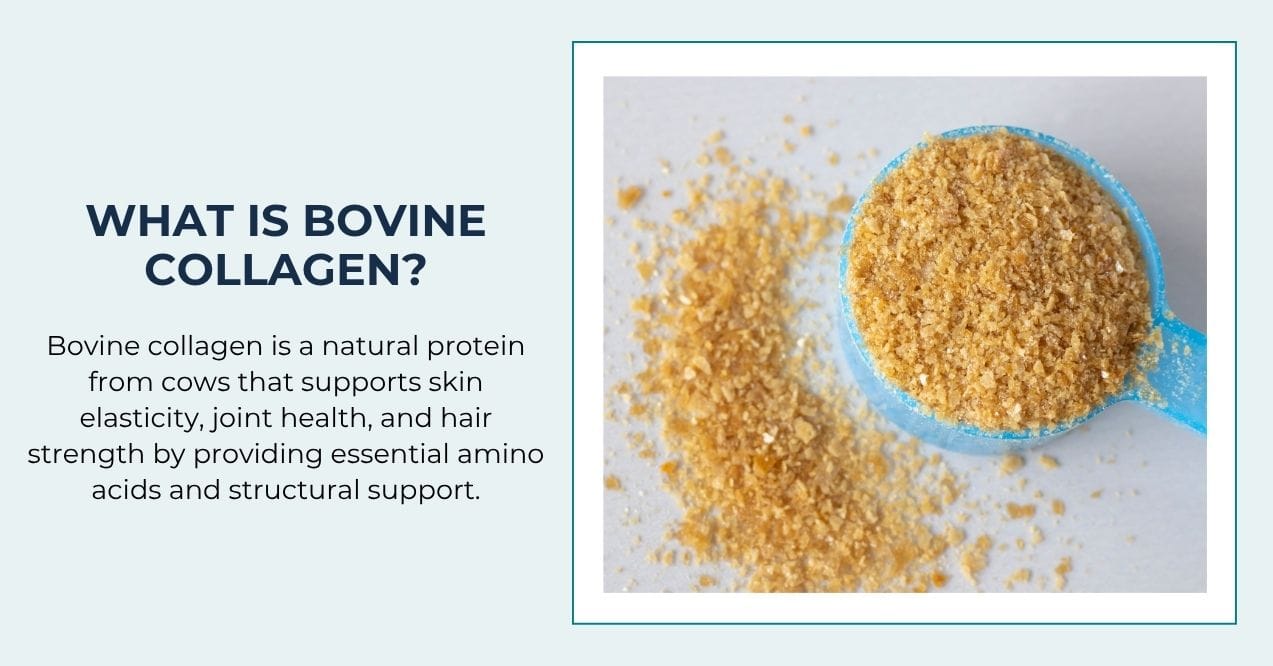
Understanding what is bovine collagen begins with its source – a natural protein extracted from cattle, specifically from cow hides, bones, and connective tissues. As one of the most widely used collagen supplements, bovine collagen represents a sustainable option since it utilizes parts of the animal that might otherwise be discarded during food production.
Bovine collagen primarily contains Type I and Type III collagen:
- Type I collagen makes up about 90% of the collagen in the human body and provides structure to skin, bones, tendons, and hair
- Type III collagen supports skin elasticity, cardiovascular health, and the structure of organs and blood vessels
The molecular structure of bovine collagen closely resembles human collagen, making it potentially easier for our bodies to recognize and utilize. During processing, bovine collagen undergoes hydrolysis – breaking down large collagen proteins into smaller peptides that are more readily absorbed in the digestive tract.
Bovine collagen supplements typically provide a broad spectrum of amino acids essential for collagen synthesis throughout the body. These include glycine, proline, hydroxyproline, and arginine, which serve as building blocks for new collagen formation.
For hair health specifically, bovine collagen offers structural support by strengthening the dermis layer of the scalp where hair follicles are anchored. It also provides the amino acids necessary for keratin production, potentially supporting stronger and thicker hair growth.
What is Marine Collagen?
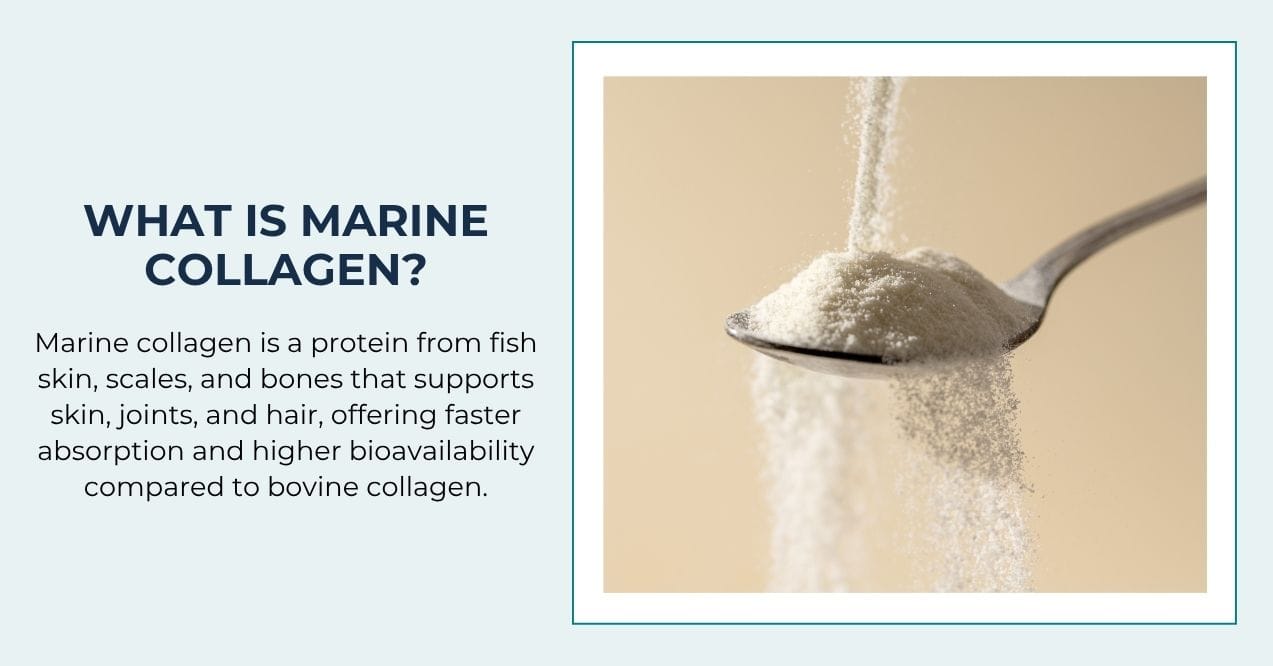
Marine collagen is a protein derived from fish skin, scales, and bones – parts typically discarded during fish processing. This sustainable, ocean-sourced protein has gained popularity in beauty and wellness circles for its unique properties and potential benefits for skin, joints, and hair.
Unlike bovine sources, marine collagen primarily contains Type I collagen, which constitutes approximately 90% of the collagen in the human body and is abundant in hair, skin, nails, bones, and ligaments. This focused composition makes marine collagen particularly aligned with hair and skin health goals.
What distinguishes marine collagen is its molecular structure:
- Smaller peptide size (300-500 Da compared to bovine’s 1,500-2,500 Da)
- Enhanced bioavailability with up to 1.5 times better absorption than bovine alternatives
- More efficient digestion due to lower molecular weight
- Faster integration into body tissues including the scalp and hair follicles
The extraction process involves acid or enzymatic hydrolysis, which breaks down collagen into smaller, more digestible peptides. These smaller particles can more easily enter the bloodstream and reach target tissues, including hair follicles.
Marine collagen is rich in specific amino acids like glycine, proline, and hydroxyproline that support hair strength and elasticity. But is marine collagen better than bovine for hair growth specifically? Its higher bioavailability suggests potential advantages, as more collagen peptides reaching the scalp could theoretically provide greater support for follicle health.
Marine vs Bovine Collagen Differences
When comparing marine collagen vs bovine options, several key factors can influence their effectiveness for hair growth. Understanding these differences helps determine which supplement might better support your hair health goals.
The marine vs bovine collagen debate centers around their distinct properties:
Source and Sustainability Marine collagen comes from fish skin, scales, and bones – byproducts of the fishing industry. Bovine collagen derives from cow hides and bones, typically from cattle raised for food. Both utilize materials that would otherwise be discarded, though marine sources may offer greater sustainability depending on fishing practices.
Collagen Types and Structure Marine collagen contains primarily Type I collagen, which directly supports hair structure. Bovine collagen provides both Type I and Type III, offering broader systemic support. The molecular weight of marine collagen (300-500 Da) is significantly smaller than bovine (1,500-2,500 Da), potentially affecting how efficiently it’s absorbed.
Bioavailability and Absorption The smaller peptide size of marine collagen allows for up to 1.5 times better absorption compared to bovine alternatives. This enhanced bioavailability may result in more collagen peptides reaching the scalp and hair follicles, though individual digestive systems respond differently.
| Feature | Marine Collagen | Bovine Collagen |
| Source | Fish skin, scales, bones | Cow hides, bones, cartilage |
| Primary Collagen Types | Type I | Type I and Type III |
| Molecular Weight | 300-500 Da (smaller) | 1,500-2,500 Da (larger) |
| Bioavailability | Higher (up to 1.5× better) | Good, but less than marine |
| Amino Acid Profile | Rich in glycine, proline, hydroxyproline | Broad spectrum with glycine, proline, arginine |
| Dietary Considerations | Suitable for pescatarians; not for vegetarians | Not suitable for pescatarians or vegetarians |
| Taste | Mild, less distinct | Stronger taste profile |
| Environmental Impact | Depends on fishing practices | Depends on farming practices |
| Cost | Generally higher | Generally more affordable |
Individual factors like allergies, dietary preferences, and personal response ultimately influence which collagen type might work better for your specific hair growth needs. The ideal choice depends on your body’s unique ability to process and utilize these different collagen sources.
Final Verdict: Is Marine or Bovine Collagen Better for Hair Growth?
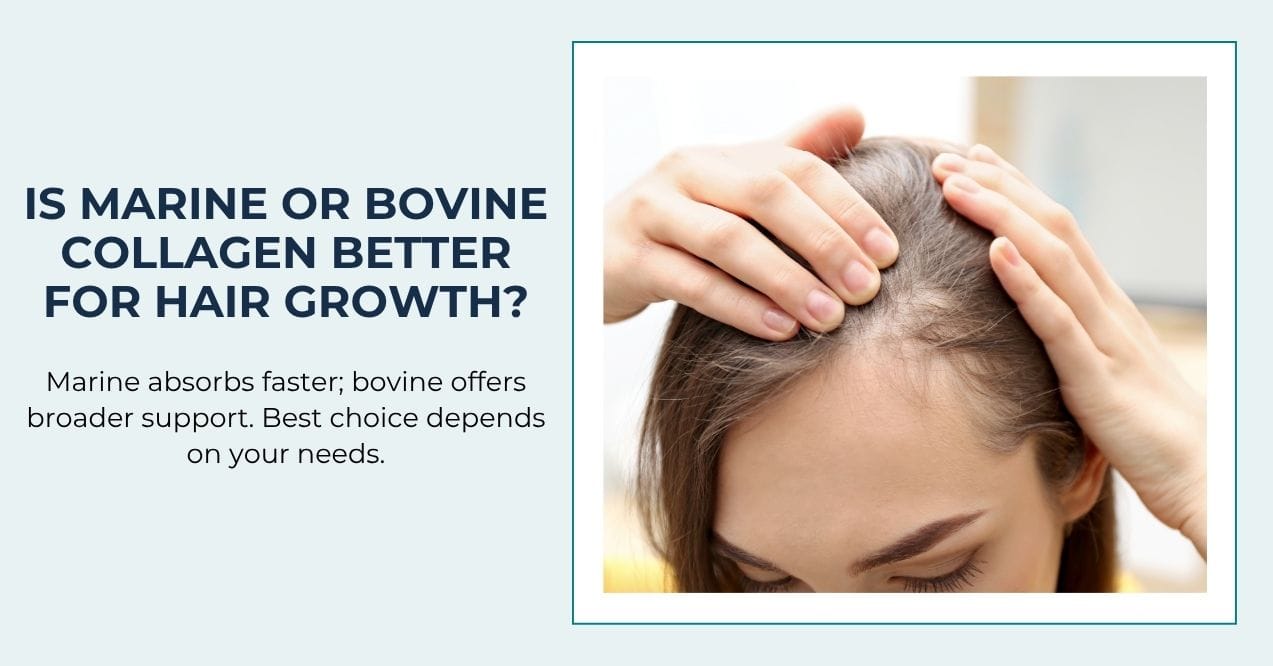
After examining the evidence, the verdict on whether marine or bovine collagen better supports hair growth isn’t straightforward. Both options provide essential building blocks for hair structure, but with notable differences that may influence their effectiveness.
Marine collagen offers several potential advantages for hair-specific outcomes:
- The predominance of Type I collagen directly supports hair shaft formation
- Enhanced bioavailability may deliver amino acids to hair follicles more efficiently
- Smaller peptide size potentially allows for faster integration into scalp tissues
- May produce noticeable results in a shorter timeframe due to superior absorption
Bovine collagen, however, presents its own benefits:
- The combination of Type I and Type III collagen provides both direct hair support and broader connective tissue health
- More affordable and accessible, enabling consistent long-term use
- Potentially more sustainable depending on sourcing practices
- Wider amino acid profile that supports overall protein synthesis
Current research suggests that Type I collagen – abundant in both sources but predominant in marine collagen – plays a crucial role in hair follicle regeneration by supporting the dermal papilla cells that regulate the hair growth cycle. These cells require collagen for proper structure and function, with some evidence indicating that marine collagen’s superior bioavailability may accelerate this support.
The science suggests that while marine collagen may deliver faster initial results due to its absorption advantages, consistent use of either type should theoretically support hair structure over time. Individual factors including age, current hair condition, digestive health, and existing collagen levels will ultimately influence which type works best for your specific needs.
Rather than declaring one definitively superior, the research suggests that the best collagen for hair growth depends on individual factors, dietary preferences, and specific hair goals.
Other Factors That Influence Collagen Effectiveness for Hair
While choosing between marine and bovine collagen is important, several additional factors significantly impact how effectively any collagen supplement supports hair growth:
- Consistency of use – Collagen requires regular, long-term supplementation (typically 8-12 weeks minimum) before noticeable improvements appear
- Supporting nutrients – Vitamin C is essential for collagen synthesis, while biotin, zinc, and iron act as cofactors that enhance collagen’s hair benefits
- Digestive health – Optimal gut function ensures proper breakdown and absorption of collagen peptides
- Age and genetics – Natural collagen production varies based on genetic factors and declines more rapidly after age 30
- Lifestyle choices – Sun exposure, smoking, alcohol consumption, and poor sleep can accelerate collagen degradation. Some studies have raised concerns about the potential link between energy drinks and hair loss, as these beverages may contribute to imbalances that can indirectly impact hair health.
- Stress levels – Chronic stress triggers cortisol production, which can inhibit collagen synthesis and disrupt hair growth cycles
Discover Marine Collagen Booster
Marine Collagen Booster offers a premium solution with highly bioavailable marine collagen tripeptides. This specialized formula features ultra-small peptides designed for maximum absorption and targeted delivery to hair follicles.
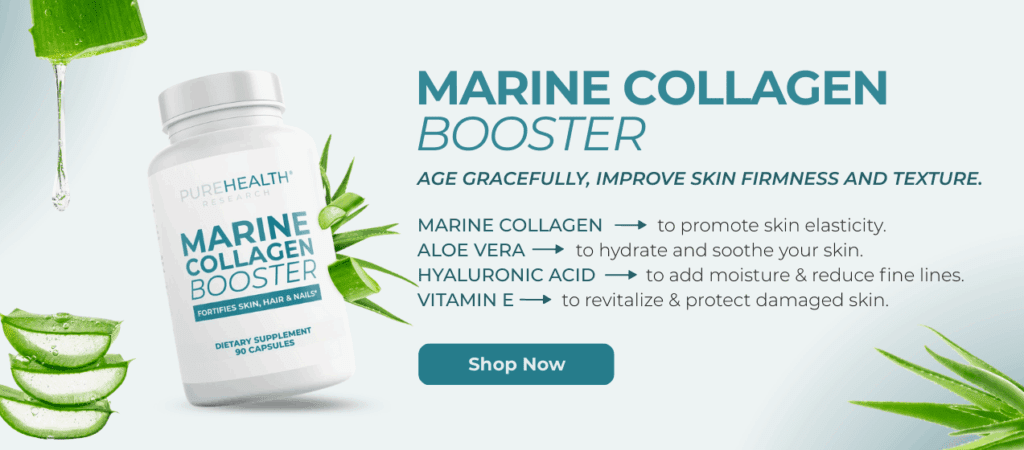
The unique combination of hydrolyzed marine collagen and Vitamin E works synergistically to support natural hair regeneration processes. The tripeptide structure – significantly smaller than standard collagen and other beauty supplements – allows for enhanced penetration into the dermal layer where hair follicles reside.
Endorsed by Dr. Holly Lucille, ND, RN, this supplement supports not only hair growth but also promotes skin elasticity, improves circulation, and maintains connective tissue health throughout the body, addressing multiple factors that influence hair vitality from within.
Conclusion
When addressing the question “is marine or bovine collagen better for hair growth,” both options offer valuable support for overall collagen production and hair health. Marine collagen provides faster absorption and potentially more targeted benefits due to its smaller peptide size and Type I focus. Bovine collagen offers broader nutritional support at a more accessible price point. Your ultimate choice should align with personal dietary preferences, budget considerations, and specific hair goals.
Marine collagen may have a slight edge for hair growth due to its higher bioavailability and smaller peptide size, allowing for potentially better absorption. However, both types provide essential amino acids that support hair structure and follicle health.
Yes, you can take marine and bovine collagen together. This combination provides a wider spectrum of collagen types (I, III) and amino acids, potentially offering more comprehensive support for hair, skin, and overall connective tissue health.
Type I collagen is considered best for hair growth as it’s the primary structural component in hair follicles. Both marine (predominantly Type I) and bovine (Types I and III) contain this beneficial form, with marine offering potentially better absorption.
Most people need 8-12 weeks of consistent daily collagen supplementation to notice improvements in hair growth and strength. Individual results vary based on age, current hair condition, and overall nutrient status.
Sign up for our Healthy Living newsletter!
Advertisement. This site offers health, wellness, fitness and nutritional information and is designed for educational purposes only. You should not rely on this information as a substitute for, nor does it replace, professional medical advice, diagnosis, or treatment. If you have any concerns or questions about your health, you should always consult with a physician or other health-care professional. Do not disregard, avoid or delay obtaining medical or health related advice from your health-care professional because of something you may have read on this site. The use of any information provided on this site is solely at your own risk.



